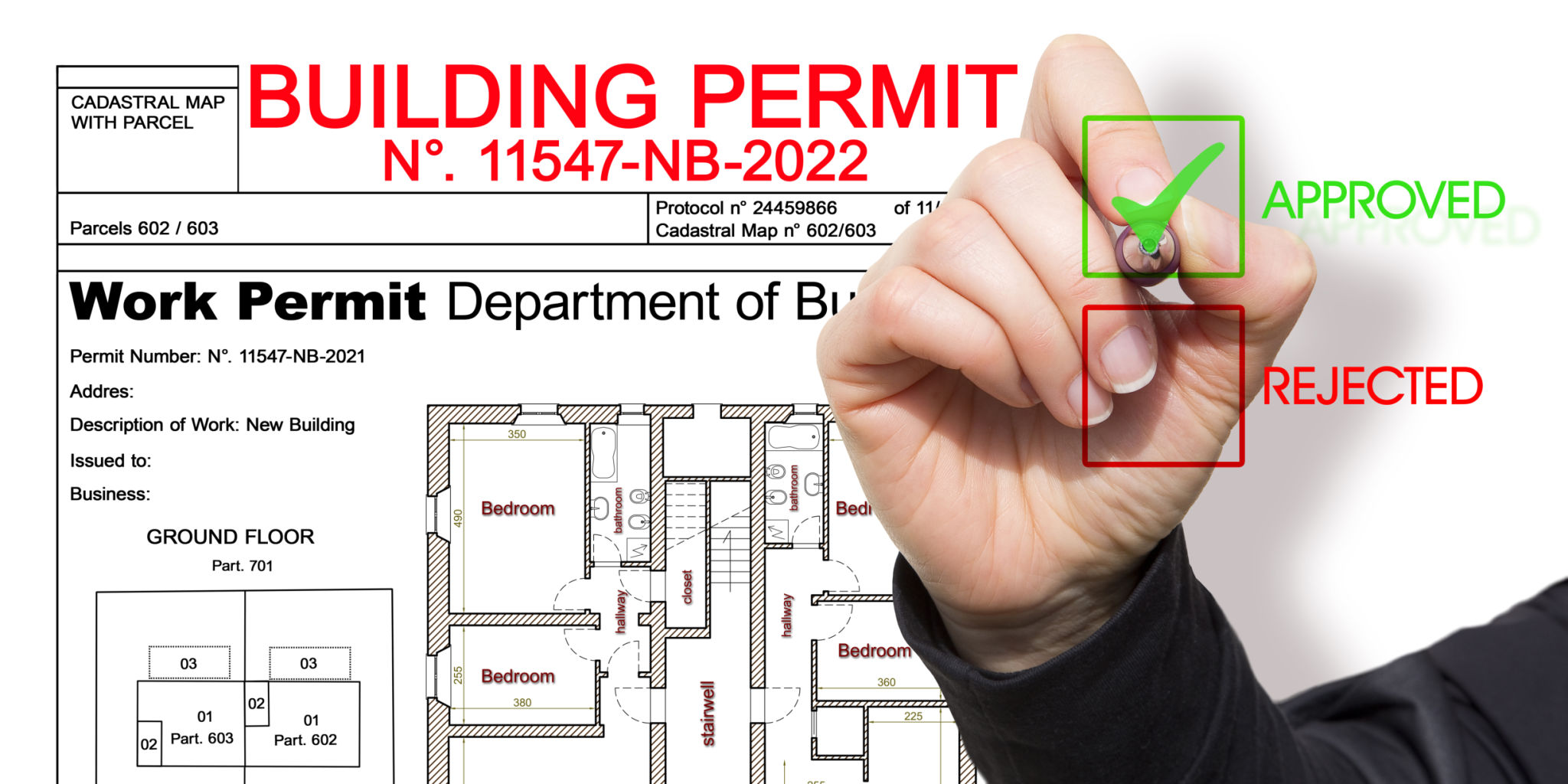Understanding Local Regulations for Earthworks in Indonesia
Introduction to Earthworks Regulations in Indonesia
Understanding the local regulations for earthworks in Indonesia is crucial for any construction project. Earthworks, which involve moving large quantities of soil or rock, require compliance with specific laws and guidelines to ensure environmental sustainability and safety. This article will explore the key aspects of these regulations, helping you stay informed and compliant.

Environmental Considerations
In Indonesia, one of the primary considerations for earthworks is the environmental impact. Regulations often require an Environmental Impact Assessment (EIA) before any significant earthworks can begin. This assessment evaluates the potential effects on local ecosystems, water quality, and air pollution.
Projects must adhere to the guidelines set by the Ministry of Environment and Forestry, ensuring that all necessary precautions are taken to protect the environment. Failure to comply can result in severe penalties and project delays, so it's vital to understand these requirements thoroughly.
Permits and Approvals
Obtaining the necessary permits and approvals is a critical step in the earthworks process. The Indonesian government mandates specific permits depending on the project's size and location. These permits ensure that the project aligns with national and regional development plans.

Safety Standards
Safety is a top priority in earthworks. Indonesian regulations set stringent safety standards to protect workers and the surrounding community. These standards include proper equipment usage, worker training, and emergency preparedness.
Companies must implement safety protocols and conduct regular inspections to ensure compliance. Investing in safety not only protects the workforce but also enhances the project's reputation and reliability.
Community Involvement
Engaging with local communities is often a requirement in Indonesia's earthworks regulations. Community involvement ensures transparency and addresses any potential concerns about the project's impact on the local area.
By involving community leaders and stakeholders early in the planning process, companies can foster positive relationships and minimize conflicts. This collaborative approach often leads to more successful project outcomes.

Conclusion
Navigating the complex landscape of local regulations for earthworks in Indonesia requires careful planning and attention to detail. By understanding environmental considerations, securing necessary permits, adhering to safety standards, and engaging with the community, companies can ensure compliance and contribute to sustainable development.
Staying informed and proactive in meeting these regulations not only benefits the environment and local communities but also enhances the project's success and longevity.
